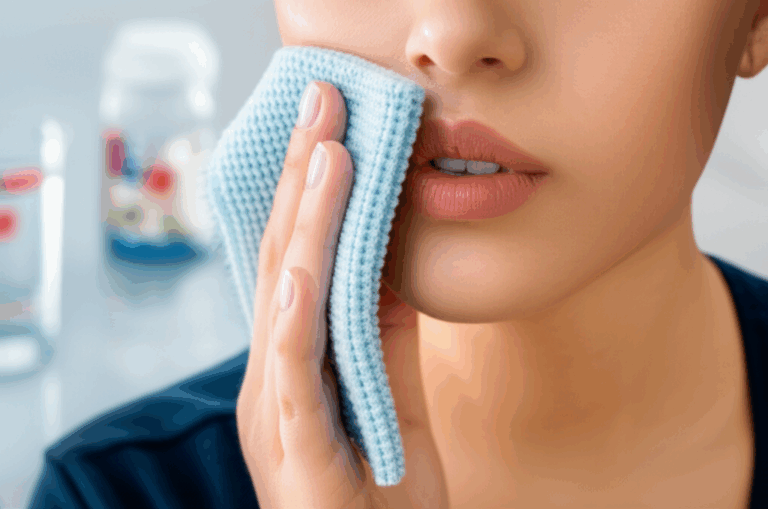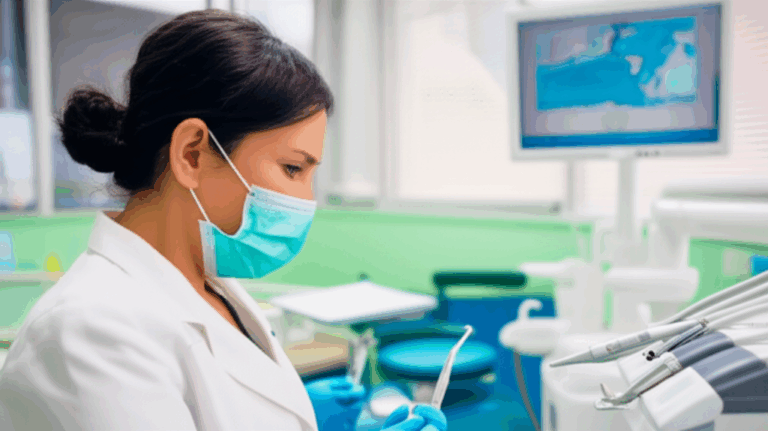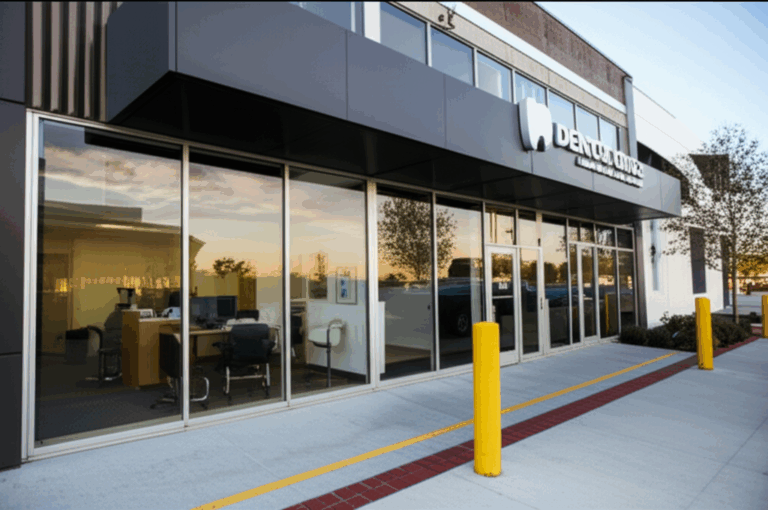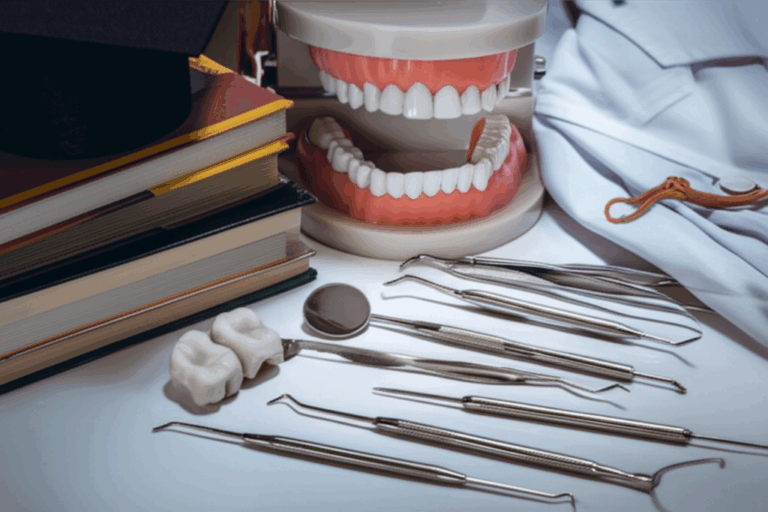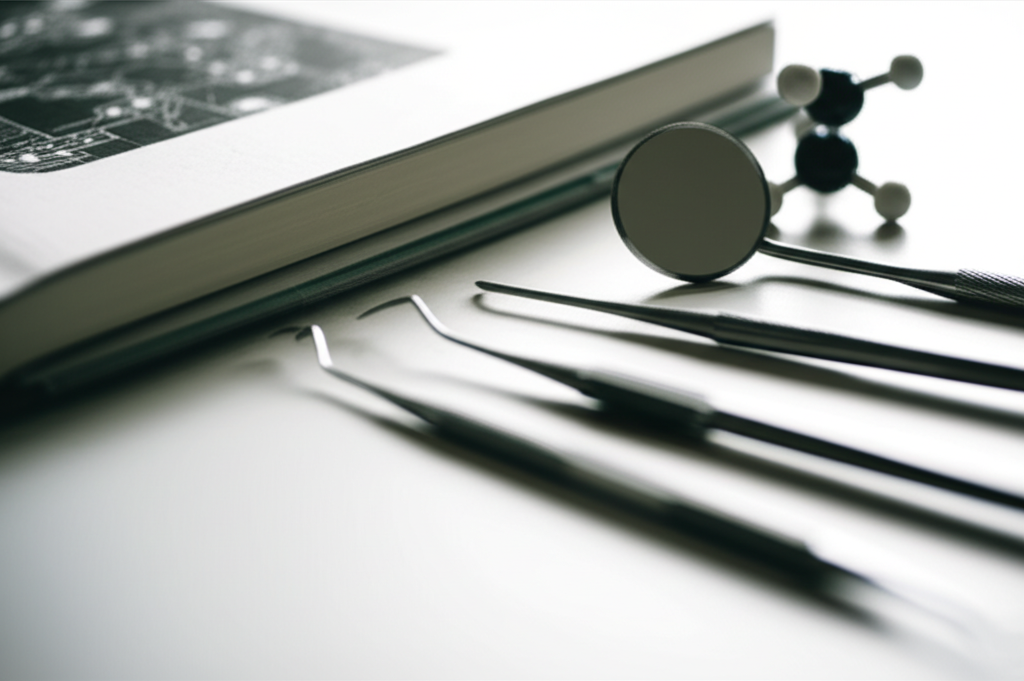
The Best Undergraduate Majors for Aspiring Dentists (And What Truly Matters for Dental School)
Table of Contents
- Biology and Biological Sciences
- Chemistry and Biochemistry
- Other Science-Heavy Majors
- Academics
- Experience and Exposure
- Extracurriculars and Leadership
- Research
- Personal Qualities
1. Introduction: My Journey Toward Choosing the Right Pre-Dental Major
When I started my journey to be a dentist, I had the same question a lot of people have: What major should I pick if I want to get into dental school? For a long time, everyone told me, “You have to major in Biology if you want to be a dentist.” I started to wonder if I was making a mistake, because I was interested in something else.
After years of school, talking with admissions people, dental students, and many dentists like Dr. Joe Dental, I learned the answer isn’t straightforward. I want to help you skip the stress I had, and give you clear, honest advice on how to plan your college years if you want to become a dentist.
2. The Core Prerequisites: More Important Than the Major
Let’s get this out of the way: There’s no “magic” pre-dental major that guarantees dental school acceptance. What matters way more is finishing the required classes every dental school wants.
Here’s what I learned from dental school admissions and the American Dental Education Association (ADEA):
The Science Foundation Every Dental School Looks For
Biology:
- 1–2 years, with labs. These classes gave me the basics for all future science classes.
General Chemistry:
- 1–2 years, with labs. You need this for safety, learning about medicines, and doing well on the Dental Admission Test (DAT).
Organic Chemistry:
- 1–2 semesters, with labs. I didn’t like it at first, but it made my science thinking better for dental school.
Physics:
- 1–2 semesters, with labs. Physics shows up, even in stuff like using X-rays and suction tools.
Biochemistry:
- Many dental schools now ask for at least one semester. It makes sense because everything about health goes back to this.
Other Must-Haves
English / Writing:
- 1–2 classes. Dentists need to talk clearly and with care.
Math:
- Usually, one semester of Calculus or Statistics. I picked Stats and it worked well for me.
Psychology or Sociology:
- More schools ask for this, to help you understand people better.
Pro Tip: The grade in these classes is important, sometimes even more important than which ones you take. Dental schools really look at your Science GPA (bio, chem, physics). If you do well in these, your major doesn’t matter as much.
3. Popular Majors for Dental School—My Experience and Observations
So, with prerequisites being so key, which major should you pick? Here’s what I learned myself and from many dental school applicants.
Biology and Biological Sciences
Most pre-dental students—me included at first—choose Biology or something similar. Why?
- Overlap: Most requirements are covered in this major already.
- Useful: What you learn here comes up again in dental school.
- Good Prep: The work habits and lab experience helped me a lot in dental school.
Downside?
A lot of people do this, so you’re not different. That’s not bad, just not the only way.
Chemistry and Biochemistry
If you like chemistry or want to do research (maybe even in a dental ceramics lab), this could help you stand out.
- Good Points: You really understand the science behind teeth and dental materials.
- Skills: You learn good lab and problem-solving skills.
Heads up: Some chemistry majors still need extra biology classes, but with planning, it can work.
Other Science-Heavy Majors
What about Biomedical Engineering, Microbiology, or Physiology? I met a few classmates who picked these.
- Plus: You see the medical side early on, which helps a lot.
Be Careful: Make sure you take all the required courses. Dental schools don’t care about your degree name, but do care about the right classes.
4. Choosing a Non-Science Major—Is It Realistic?
Here’s something I didn’t hear until much later: You can major in almost anything and still get into dental school, if you plan ahead. In my class, there were English majors, business majors, even a theatre major!
The Key: Science Prerequisites
If you do this, you’ll need to take all the science classes as electives or as a minor. I saw friends take extra classes in summer to fit them all in (tough, but possible).
The Upsides of a Non-Science Major
- Different View: Whether it’s Psychology or Art, you’ll pick up new skills for communication and understanding people.
- Stand Out: Schools like students who are different, if you can show how your background makes you better with patients or problem-solving.
- Personal Statement: Some of the most interesting dental school stories I heard came from students with different majors.
The Details
No matter what, dental schools want to see tough classes and good grades. Having fun is fine, but your grades still count.
5. Beyond the Major: What Dental Schools Really Value
Once I dug into how dental schools pick students, I saw that Your major is just a piece of the puzzle; schools want the whole picture. Here’s what that really means:
A. Academics: GPA and DAT
- GPA: Both your regular and science-only GPAs matter. Accepted students often have around 3.5–3.7 overall and 3.4–3.6 in science classes.
- DAT (Dental Admission Test): Aim for a score of 20–22 or more. The test is science-heavy, so being ready with these topics is key.
B. Experience and Exposure
- Dental Shadowing: I did about 150 hours with regular dentists and some specialists. Many schools want at least 100 hours. Shadowing really helped me know I wanted to be a dentist.
- Volunteering: Schools want you to help others. I gave time at free clinics, which was good for my application and for me.
C. Extracurriculars and Leadership
- Clubs and Teams: I joined the pre-dental club, mentored other students, and joined in on events. Teamwork and leadership matter.
- Community Service: Helping in your community shows you care and are reliable.
D. Research Experience
Research isn’t required everywhere, but it really helps at top schools or if you like research. I worked in a neuroscience lab for one term and brought this up in interviews. It taught me to be curious and think carefully.
E. Personal Qualities
- Letters of Recommendation: Pick people who really know you, not just any professor. My letters were from a biochem professor and my student mentor advisor.
- Personal Statement: This is where you tell why you want to be a dentist. Be honest and personal.
- Interview, Empathy, Maturity: Practice being yourself. Show you really care about dentistry.
- Manual Dexterity: This is really important. I got better at using my hands through art and music. It really helps once you start working in any type of dental lab, from a removable denture lab to a digital lab.
6. How I Chose My Major—And How You Can Choose Yours
When picking my major, I asked myself:
- What classes do I actually like?
- In which classes do I get the best grades?
- If dental school didn’t work out, would I still like this major?
For me, Biology was a good fit. I really liked learning how the body works. If I did it over, I might combine Biology with Art or Psychology, to set myself up better for more than one career.
Here’s my advice:
- Pick a major you enjoy and do well in. Schools prefer an “A” in something different over a “C” in Biology.
- Use your health advisor to keep your course plans and deadlines straight.
- Keep your schedule balanced. I couldn’t do hard classes and lots of volunteering every term. Set goals you can reach.
7. Myths and Misconceptions I Busted Along the Way
Here are some things I used to worry about. Here’s the truth:
“You must major in Biology to get into dental school.”
Not true.
What they look for is what classes you took and what grades you got, not the name of your major.
“Non-science majors are at a disadvantage.”
Nope, not if your science grades are strong. A different major can even help you stand out and show you can do lots of things well. I knew one dentist with an English degree, and her patients understood her so well.
“Dental school is only for straight-A students.”
Dental schools like well-rounded, hard-working, and caring students. Of course, aim for the best grades you can, especially in science.
8. Key Stats and What They Mean for Your Path to Dentistry
Looking at national stats (from the ADEA and others), here’s what I noticed:
- 60–70% of accepted students majored in biological sciences.
- 10–15% had chemistry or other science majors.
- About 10–15% were non-science majors.
- Average accepted GPA: 3.5–3.7 overall, 3.4–3.6 science.
- DAT scores: competitive applicants get 20–22.
- Schools want 100–200+ shadowing hours, in different types of offices.
- Volunteer work, research, and leadership all help a lot.
- About half of applicants get into dental schools each year.
These numbers told me that it’s tough, but you can get in if you are well prepared and try hard—no matter your major.
9. Conclusion: What I Wish I’d Known—And What You Should Know, Too
If I could talk to my younger self—or to you starting out—I’d say: It’s not about picking the “perfect” major. It’s about getting a strong start for success—in class, in the clinic, and as a person.
- Focus on the required classes (and do your best in them).
- Choose classes you care about and can do well in.
- Fill out your college years with shadowing, research, helping others.
- Find mentors—professors, advisors, dentists (like Dr. Joe Dental)—and ask for help.
- Be flexible, keep learning, and always have a backup plan.
Most of all, you want your college years to get you ready for dental school and a lifetime of helping people. If you reach that, it doesn’t matter what your major is.
If you want to see what life is like after dental school or learn more about the world of dental labs—from advanced ceramics to implant dental labs—check out more resources. Dentistry is technical, people-based, and as rewarding as I hoped.
In the end, there’s no single road to being a dentist—just the one that’s right for you. Good luck, and most importantly, enjoy the journey!

